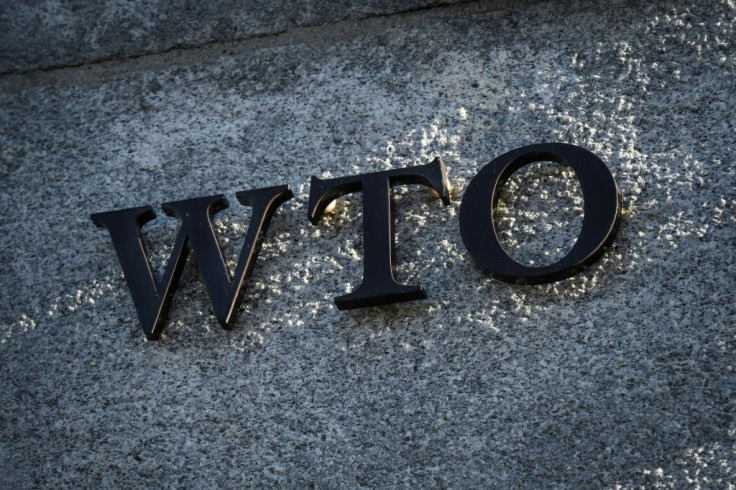US, Japan, EU Seek New Global Rules Limiting Subsidies
Washington, Tokyo and Brussels on Tuesday joined forces in calling for stronger global rules against government subsidies that distort trade, a practice China has long been accused of exploiting.
The governments called on the World Trade Organization to beef up existing regulations, which they said in a statement are "insufficient to tackle market and trade distorting subsidization."
But they refrained from naming China directly.
US Trade Representative Robert Lighthizer met Tuesday with Japan's Economy, Trade and Industry Minister Kajiyama Hiroshi, and European Trade Commissioner Phil Hogan, and also discussed the need to prevent forced technology transfers -- an issue at the heart of the US-China trade conflict.
"These unfair practices are inconsistent with an international trading system based on market principles" and undermine "growth and development," the statement said.

The latest statement came after many months of trilateral meetings, a rare display of multilateral cooperation by the administration of President Donald Trump, who has launched multi-front trade wars and crippled the WTO's dispute settlement function.
The three sides called on the WTO to ban govenment support that is unlimited, or that is given to insolvent or ailing enterprises with no "credible restructuring plan," companies that cannot get long-term financing or investment on their own, or for debt forgiveness.
They also called for a ban on subsidies for industries that are over capacity.
This is another issue behind long-standing complaints against China in industries like steel and aluminum, where the markets have been flooded with supply, driving down prices and pushing some firms out of business.
The officials also want to make it easier for WTO members to file complaints against other harmful subsidies, including those supporting uncompetitive firms.
Such subsidies can create massive manufacturing capacity "without private commercial participation" or lower domestic input prices in comparison to the prices of the same goods when they are export bound, the statement said.
© Copyright AFP 2024. All rights reserved.











